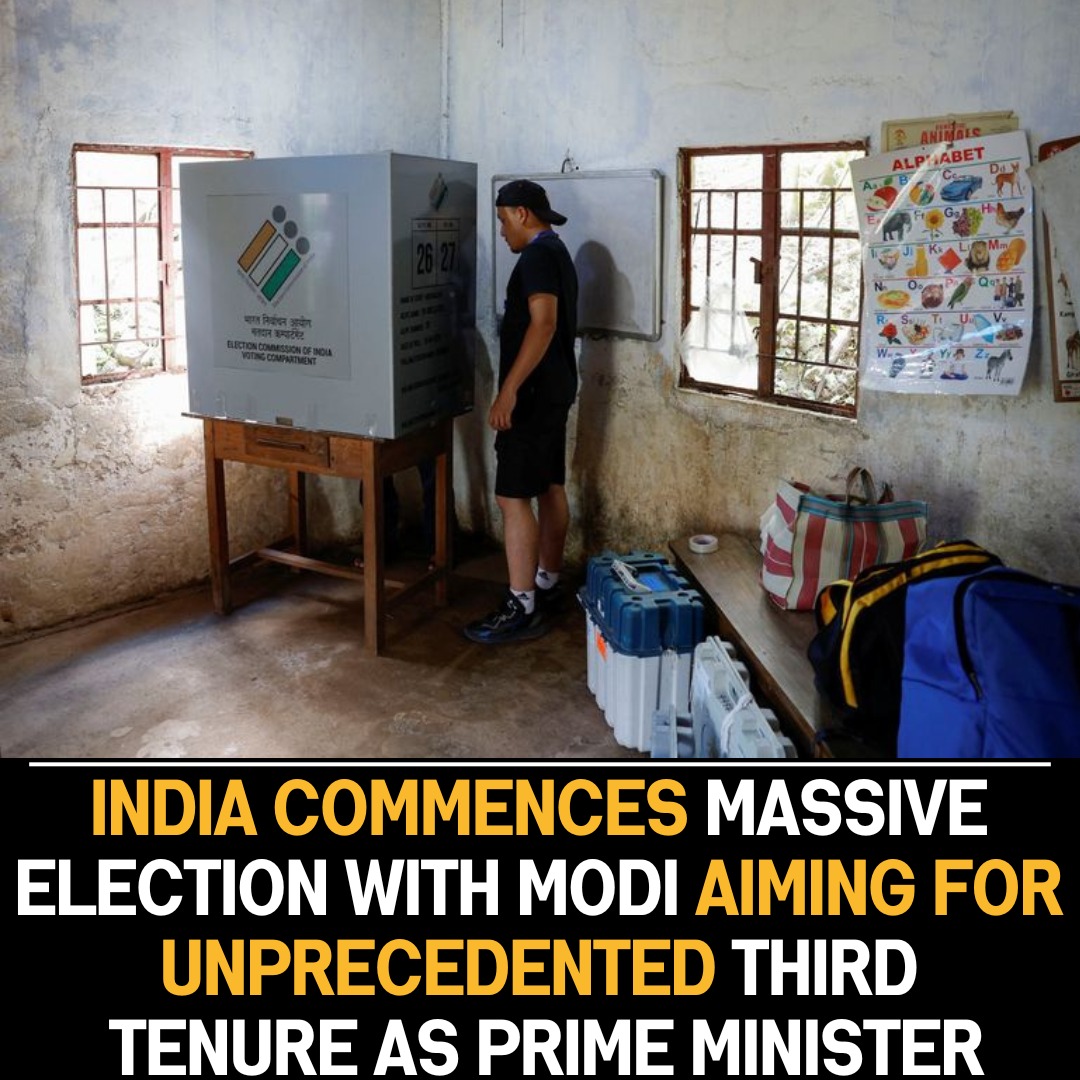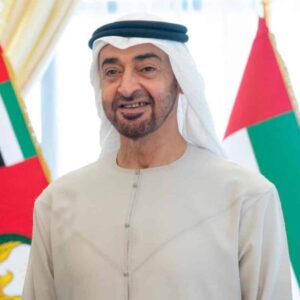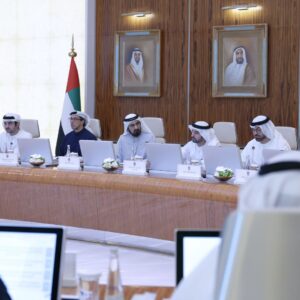India’s monumental election season has kicked off as Prime Minister Narendra Modi embarks on a quest for an unprecedented third consecutive term in office. The stakes are high as Modi seeks to solidify his legacy and steer the nation through a pivotal period marked by both domestic challenges and shifting global dynamics.
Modi’s bid for a historic third term comes against the backdrop of a tenure characterized by ambitious reforms, nationalist rhetoric, and significant economic policies. Since assuming office in 2014, Modi has implemented a slew of initiatives aimed at modernizing India’s economy, boosting infrastructure development, and fostering global partnerships. His leadership has been marked by a blend of charisma and assertiveness, resonating with a broad swath of Indian voters.
However, Modi’s reelection bid faces formidable challenges. The economic fallout from the COVID-19 pandemic, including job losses and supply chain disruptions, has put a strain on India’s economy. Additionally, widespread protests over contentious agricultural reforms and concerns about religious tensions and freedom of expression have prompted criticism of Modi’s governance style.
Despite these challenges, Modi’s Bharatiya Janata Party (BJP) remains a dominant force in Indian politics, boasting a well-organized electoral machinery and a vast network of supporters. Modi himself remains a popular figure among many Indians, particularly those who view him as a strong leader capable of addressing the nation’s myriad challenges.
As Modi seeks to secure an unprecedented tenure as prime minister, his campaign is likely to focus on a range of issues, including economic recovery, national security, and social cohesion. He is expected to tout his government’s achievements while also outlining a vision for India’s future, one that emphasizes continued growth, development, and global leadership.
The outcome of India’s colossal election will not only shape the nation’s trajectory for the coming years but also reverberate beyond its borders. As one of the world’s largest and most populous democracies, India’s political landscape influences regional stability, global economic trends, and geopolitical dynamics. Thus, the stakes of Modi’s reelection bid extend far beyond the confines of the subcontinent, making this electoral showdown a matter of global significance.
In summary, India’s colossal election marks a pivotal moment in the nation’s democratic journey as Modi seeks a historic third term as prime minister. With the nation grappling with a host of challenges, the outcome of this election will not only determine India’s future trajectory but also resonate on the global stage.









